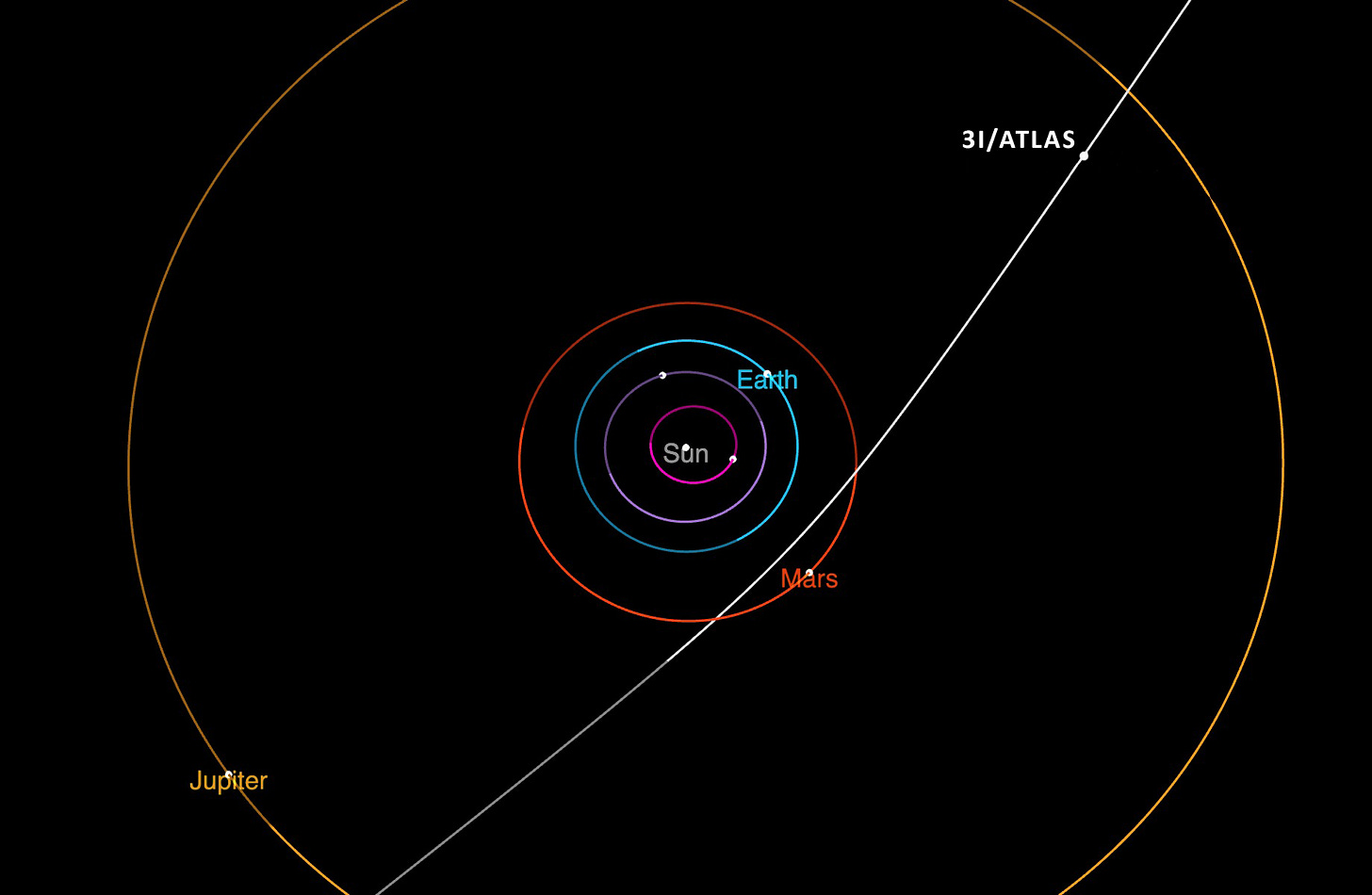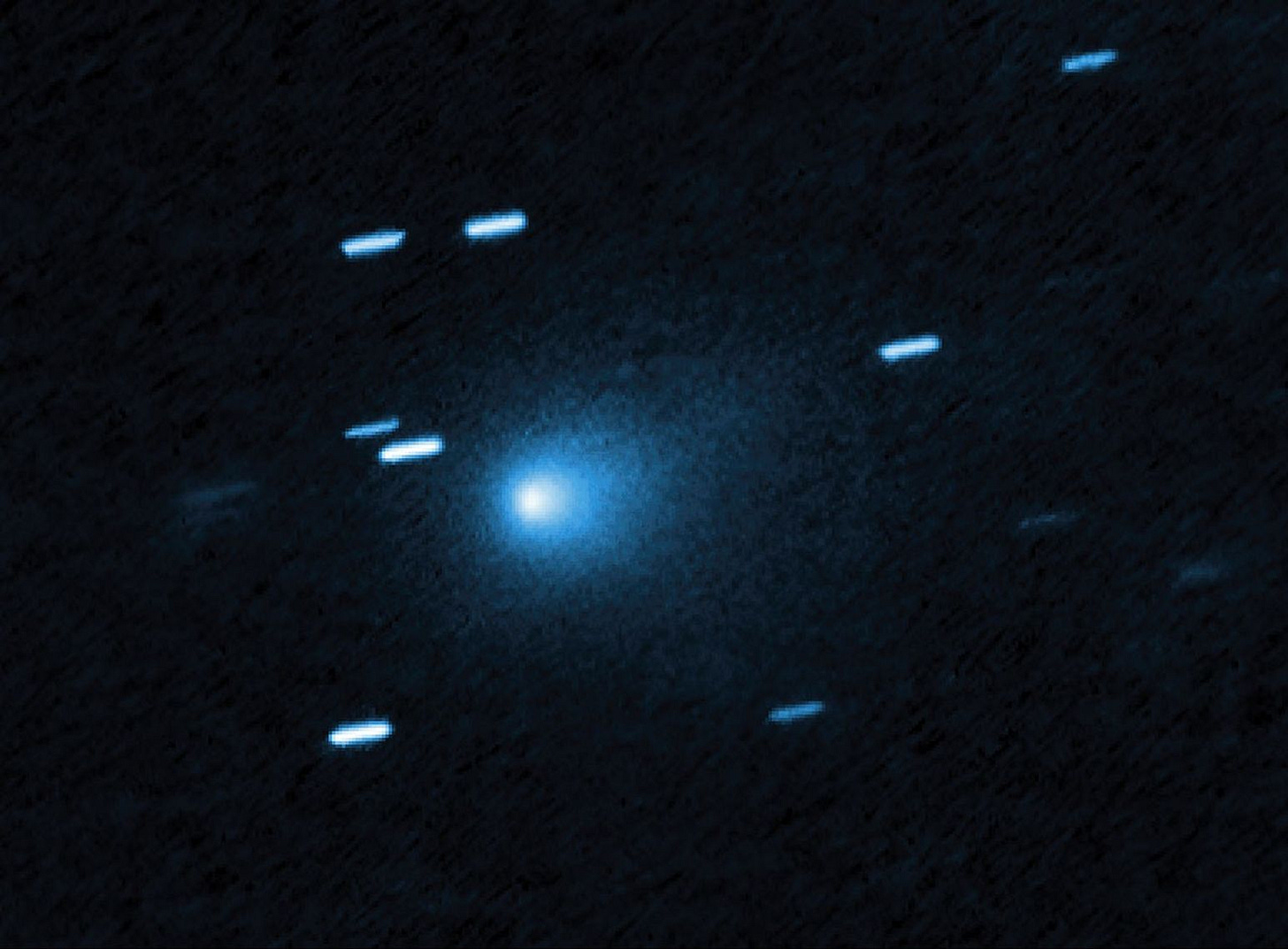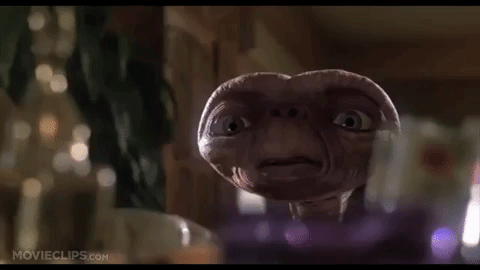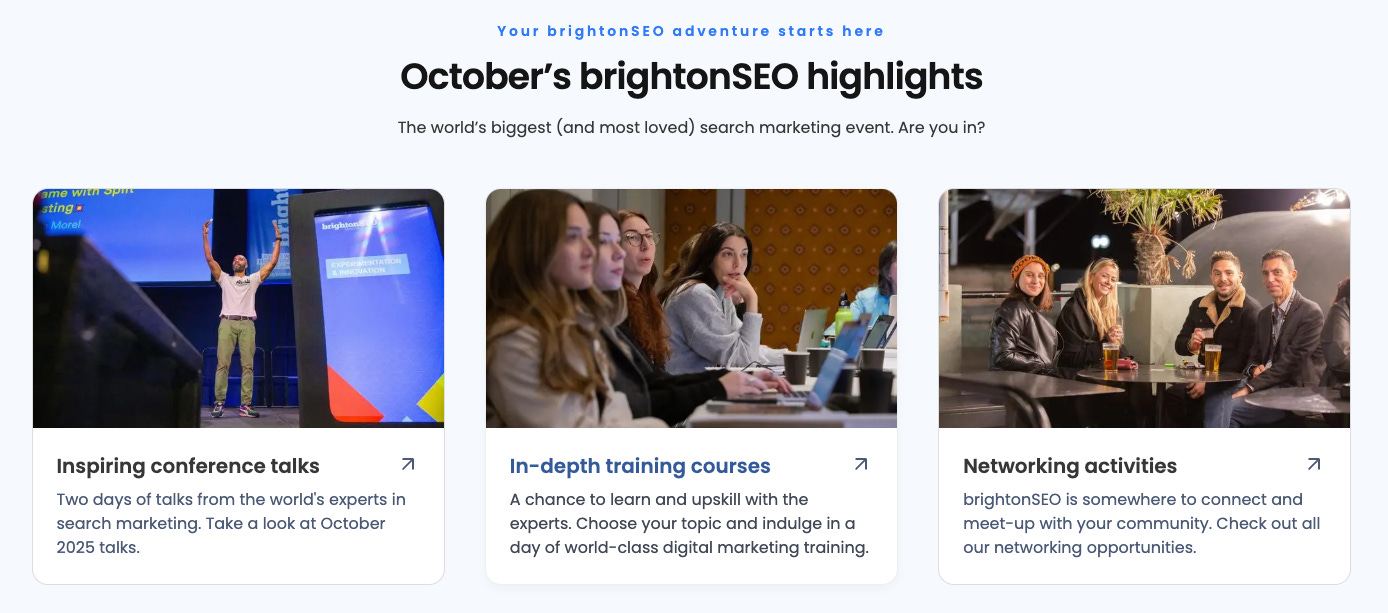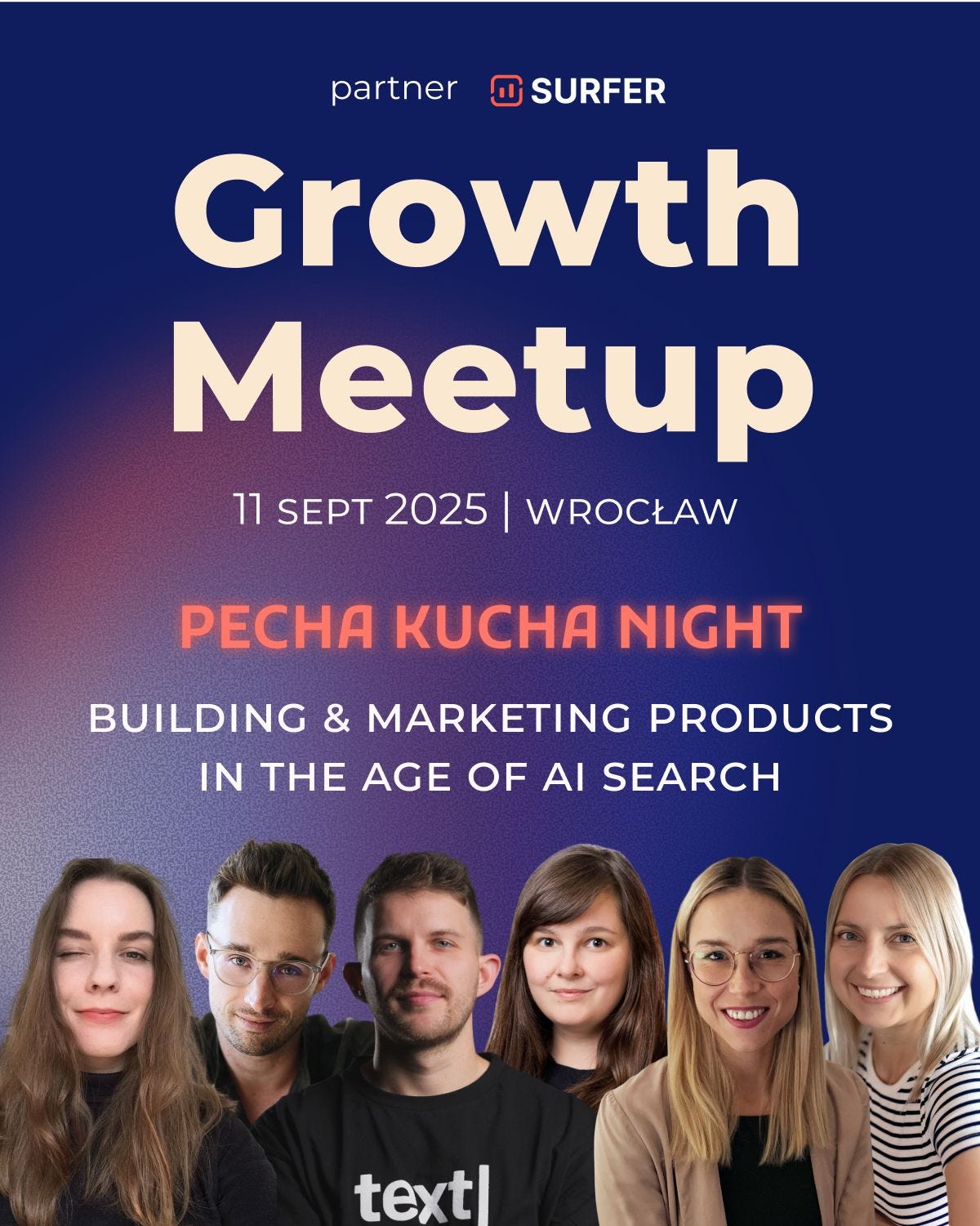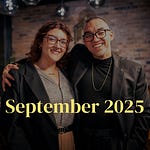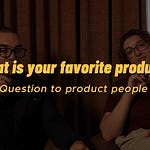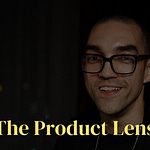Morgan Housel has been my favorite personal finance author, and I don't get tired of quoting his impactful and straightforward storytelling. His latest article Little Rules About Big Things is a masterclass for anyone navigating the personal side of personal finance.
This month, Marina and I test a new format, commenting on evergreen pieces and connecting the dots with our own experiences. Morgan also spent an hour with Morningstar, which serves as a deep dive for those curious about finding out more about his childhood frustrations with money and how that shaped the way he thinks and tells stories.
When one strong hypothesis defies the universe: what we can learn from 3I/ATLAS?
On July 1st, a new interstellar object was spotted by NASA. Initially, the so-called “3I/ATLAS” was automatically recognized as a comet, the most logic response to the object's characteristics.
However, as the person who often brings alien discussion into Astrophysics, Avi Loeb wrote an essay two weeks later hypothesizing whether that object could be an alien craft instead of a comet, based on the inconsistencies in the preliminary data gathered.
Using five arguments, including the 0.005% probability of the object approaching Venus, Mars, and Jupiter in synchrony, Loeb planted a small seed of doubt in the scientific community, which led to further research. The inconsistencies with the known characteristics of a comet didn't help: usually, this type of object has a very distinctive light in its tail (while 3I/ATLAS doesn't seem to have it), and it doesn't seem to liberate the gases expected for a comet. Not to mention its huge size (so far).
The scientific community still agrees that it's a comet, but due to the strong hypothesis created by Loeb, telescopes such as Hubble and James Webb were turned to the object to further research its real composition (and, possibly, its intent).
One strong hypothesis, from one person, made the scientific community challenge something that could be “settled”.
How can we think about this in Experimentation?
In our work, the initial "comet" conclusion is the logical answer we see every day. It's the business-as-usual explanation, the status quo, the voice that says, "That's just how things are." It’s the team assuming a drop in conversion is due to a seasonal dip, or that a feature is failing because "users don't like change." These are the default settings. To change that, we consider small iterations within the expectations, because “crazy” ideas go against best practices or guidelines.
Avi Loeb’s approach is a masterclass in challenging that default. He didn't just find an anomaly; he built a powerful, alternative narrative around it. He took the object's unusual brightness for its size, the lack of a visible gas tail, and its rare orbital alignment, and asked a fundamentally different question.
Instead of asking, "What kind of weird comet is this?" he asked, "What if this isn't a comet at all?”
This is how we can apply this thinking to break our own creativity limits: creating hypotheses so strong and challenging that they force everyone to re-examine their evidence and try something completely new.
The Comet hypothesis is a valid and predictable iteration: if the problem is "Our checkout conversion rate is low because our payment form has too many fields.", the solution is “Let's test a shorter form".
The “Alien craft” hypothesis breaks this idea; it's a “What if…?” analysis that considers completely different topics. Instead of form friction, what if the problem is a lack of trust from the user in the last second?
This brings the test from form optimisation to trust badges, experimenting with third-party payments, or even adding testimonials to bring social proof. Like Loeb's hypothesis that led the community to dig deeper into 3I/ATLAS, your bold hypothesis justifies a larger, more insightful, and potentially much more impactful experiment.
The goal isn't necessarily to prove that the alien craft is real. The true victory is in the rigor that the challenge inspires. Whether 3I/ATLAS is a comet or not, we will now have a much deeper understanding of it because one strong hypothesis made us look closer.
Your next big win might not come from another small, iterative test. It might come from finding an anomaly in your data and having the courage to ask the "crazy" question that makes everyone stop and think, “What's the alien craft in this case?”
Don't miss
Around the UK next month? Get your tickets for Brighton SEO next month and we'll see each other by the beach!
John and Marina will be covering the ultimate event for anyone wanting to immerse themselves in talks from the leaders in both Search, Content, and Influencer Marketing.
This time, we are partnering with Ellie Hughes and the Eclipse Group to capture memories and brilliant minds.
Maybe in Wroclaw? Apply for the GrowthMeetup event to connect with Polish leaders in a small and intimate setting where deep questions are welcomed.
Places are limited, topics and speakers are lit, so I'd personally recommend applying fast.
Up next
John will be traveling between Wroclaw, Greece, Berlin, Barcelona, Toronto, and Niagara Falls until he reaches Warsaw in late September to speak at the meet.js conference.
Marina will attend the meet.js conference with John and enjoy the first autumn in her new apartment.



